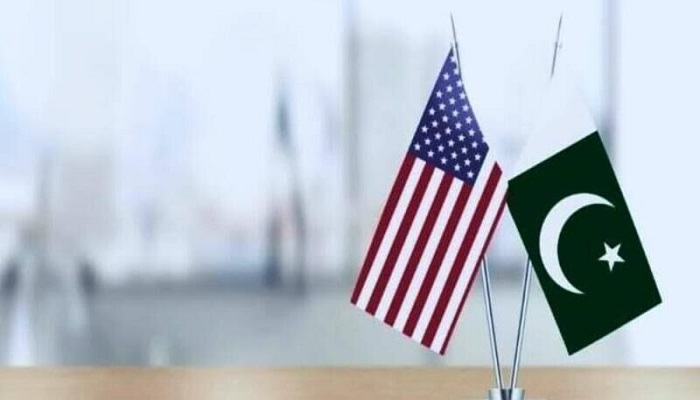PNN – Pakistan, which has witnessed US obstruction of its relations with China in recent years and has also suffered arms and immigration sanctions from Washington over time, is now set to send a delegation to the country soon to examine the challenges arising from US President Donald Trump’s tariff war.
According to the report of Pakistan News Network, following the recent action of the US President to impose a 29% tariff on goods imported from Pakistan, the Islamabad government is seeking to examine the consequences of this action by the Trump administration.
According to Pakistani experts, the tariffs imposed by the United States are not a new issue, and Islamabad has already faced problems resulting from political, economic restrictions and arms embargoes by Washington, especially obstruction in discussing Islamabad’s strategic relations with China.
Read more:
Coinciding with the planned trip of a diplomatic delegation from the US State Department’s Bureau of South Asia to Islamabad this week, Pakistan’s Finance Minister also announced his country’s efforts to send a delegation to Washington with the agenda of reviewing the Trump administration’s tariff measures.
Senator Muhammad Aurangzeb told the media that we are engaging with the US government to review issues related to tariffs, and a Pakistani delegation will be present in Washington.
He added: Special committees have been formed by the Pakistani government to examine the situation arising from the US tariffs, and the final strategy for consultations with the American side will be finalized by the Pakistani Prime Minister.
A US delegation is set to travel to Islamabad this week to attend the Pakistan Mining Investment Forum. This will be the first visit by US officials to Pakistan since the start of Trump’s second term.
Pakistani officials have always criticized the Americans’ discriminatory approach in the region and that Washington views Islamabad through the window of the threat of terrorism, Afghanistan, and subcontinental tensions, emphasizing that relations between the two countries should go beyond the security interests and demands of the United States in the war on terrorism.

